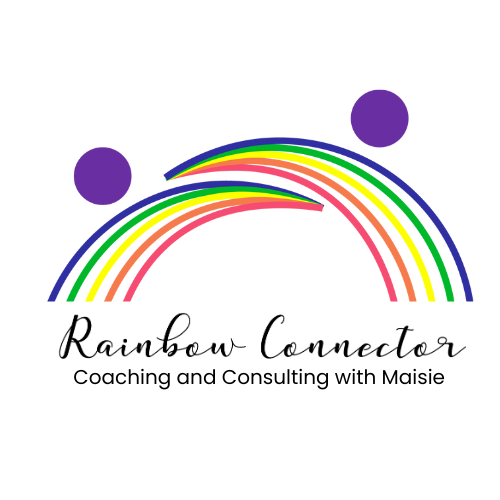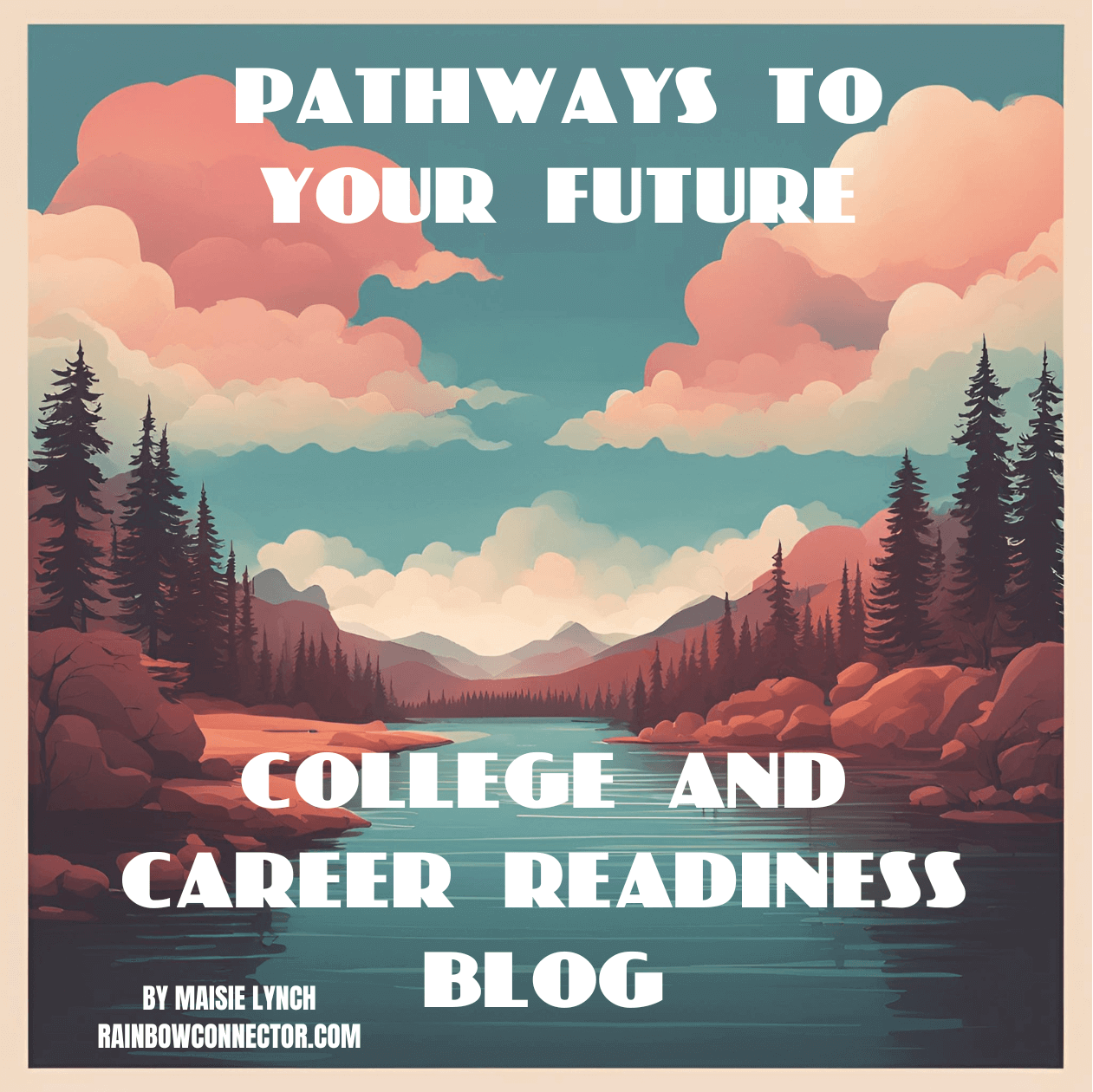
Welcome to Your Journey of Career Exploration!
Hello brilliant minds! If you're navigating the world of working and career exploration with neurodivergencies, particularly those with executive functioning challenges, this post is crafted just for you. After some more general posts in December, we're back on our career planning series bringing you Week 3 of the series. It's all about identifying occupational alternatives that resonate with your unique strengths and interests.
Understanding the Importance of Career Exploration
Career exploration is more than just finding a job; it's about discovering and navigating a path that aligns with who you are, what you love, and how you best operate. For individuals with neurodivergencies, this step is crucial. Your brain's unique wiring can open doors to careers you might not have considered but are perfectly suited for!
Step 1: Start with Self-Exploration
Before diving into the ocean of career options, it's important to understand yourself. What are your interests? What tasks energize you? What environments do you thrive in? Tools like the O*NET Interest Profiler can be incredibly helpful. This online tool matches your interests with potential career paths.
Step 2: Match Your Interests with Careers
Once you have an idea of your interests, it's time to see how they align with different careers. A great starting point is to look at a chart that matches interests with potential careers. A visual aid like this one can be a simple yet effective tool in narrowing down your options.
Step 3: Consider Your Neurodiversity
Having a neurodivergent mind means you have unique strengths. For example, if you're someone with ASD (Autism Spectrum Disorder), you might excel in careers that require attention to detail and consistency. If you have ADHD, careers that offer variety and active engagement might be more appealing. Embrace these strengths!
Step 4: Researching Career Options
Now, it's time to delve deeper. Research each career option that interests you. What does a day in the life of that profession look like? What skills are required? Websites like O*NET Online provide comprehensive information about various careers, including required skills, tasks, and even projected job market data.
Step 5: Utilize Resources
There are numerous resources to help you in this exploration phase:
- Books: Look for books that focus on career exploration. Your local library or bookstore might have a section dedicated to career development.
- Websites: Apart from O*NET, websites like CareerOneStop offer valuable tools for career exploration and planning.
- Career Counseling: Sometimes, talking to a professional can provide clarity. Career counselors can offer insights and guidance tailored to your needs. If you'd like to schedule a free consultation to see if I would be a good match to help you with your career and educational goals, make an appointment here!
Step 6: Overcoming Executive Functioning Challenges
Executive functioning challenges can make this process feel overwhelming. Here are some strategies to help:
- Break Tasks into Smaller Steps: Instead of tackling everything at once, break your research and exploration into smaller, more manageable tasks. Even working on it for just 15 minutes a day can make a huge impact.
- Use Organizational Tools: Tools like planners or digital apps (such as Google Docs or Evernote) can help you stay organized and on track.
- Set Realistic Goals: Give yourself achievable goals and deadlines to keep the process moving without feeling overwhelmed.
Step 7: The Role of Career Services Providers
A Career Services Provider can be a game-changer in your career exploration journey. Here’s how they can help:
- Personalized Assistance: They can help tailor your career exploration to your unique strengths and needs.
- Career Assessments: They can provide assessments to help identify careers that align with your skills and interests.
- Guidance and Support: They can offer guidance in researching careers and provide support in making informed decisions.
If you'd like to schedule a free consultation to see if I would be a good match to help you with your career and educational goals, make an appointment here!
Conclusion: Your Path Awaits
Remember, exploring career options is a journey of discovery. It’s about understanding yourself, your strengths, and how they align with potential career paths. As an individual with a neurodivergent mind, you bring unique perspectives and skills to the table, and there’s a career path out there that’s just right for you.
Be patient with yourself, use the resources available, and don’t hesitate to seek guidance from Career Services Providers. Your career journey might be different, but it’s no less exciting or fulfilling. Here’s to discovering the career that makes you thrive!
Resources and Tools to Consider
Career Exploration: O*NET Online, Career One Stop
Career Service Providers: If you'd like to see if I'd be a good match to guide you through the Career and/or College Planning Process, book a free consultation with me today
Educational Planning: College Board
Executive Functioning Tools: Evernote
Interests and Skills: A visual aid like this one
Interview Preparation: YouTube videos, including specific ones for those with neurodivergencies like this one.


















0 Comments